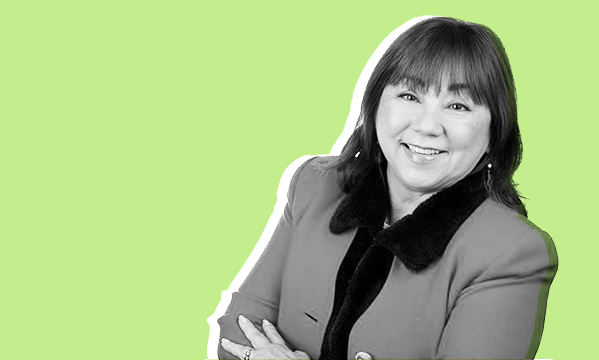This is a guest post that is part of a series featuring women leaders for Black Women’s Equal Pay Day, which falls on August 7, 2018.
Maria Ellis, President, Empire State Virtual Branch, AAUW-NYS.
Pay Equity is perhaps the most urgent issue of our times, and Black Women’s Equal Pay Day is an opportunity to bring the issue into stark, painful clarity.
The pay gap persists across all racial and ethnic groups, and it is found in every state. However, the pay gap is worse for women of color, and African American woman earn 63% to the dollar earned by a non-Hispanic white male. Over a lifetime of work (47 years), the average total estimated loss of earnings of women compared with men is $700,000 for a high school graduate, $1.2 million for a college graduate and $2 million for a professional school graduate.
With their reduced earning power, African-American women make less money on average, and thus it takes them longer to pay off their student loans, they may incur higher credit card debt, and have less disposable income to save for a car, a mortgage, retirement, and other major expenses. Pay discrimination also limits their life choices by impairing their ability to buy homes and pay for college educations, and it limits their total lifetime earnings, savings, and benefits, making them much more vulnerable to poverty in retirement.
It is simply unfair that African-American women must work eight months longer than a similarly situated and educated man to earn the same amount! More than unfair, it is crippling the ability of African-American women to maintain economic security. Pay equity, and ending the gender pay gap, is the key to families making ends meet and moving into the middle class. More than ever, we must identify the tools and supports that will help ALL women achieve economic security and balance the demands of work and home.


